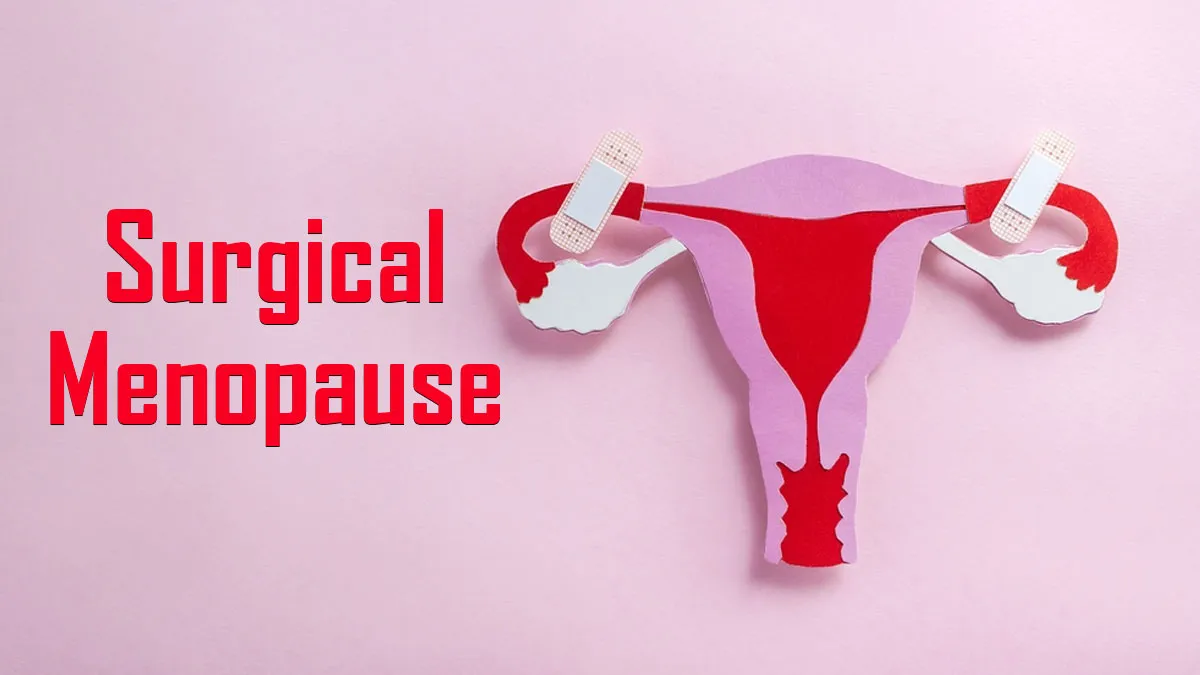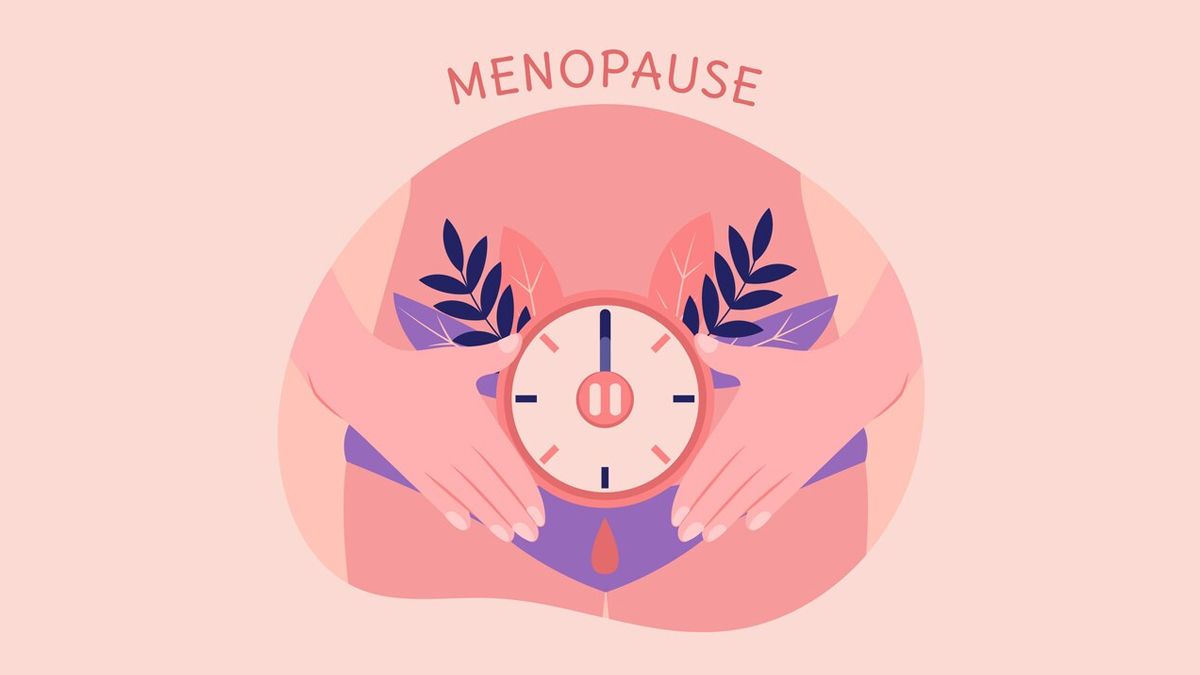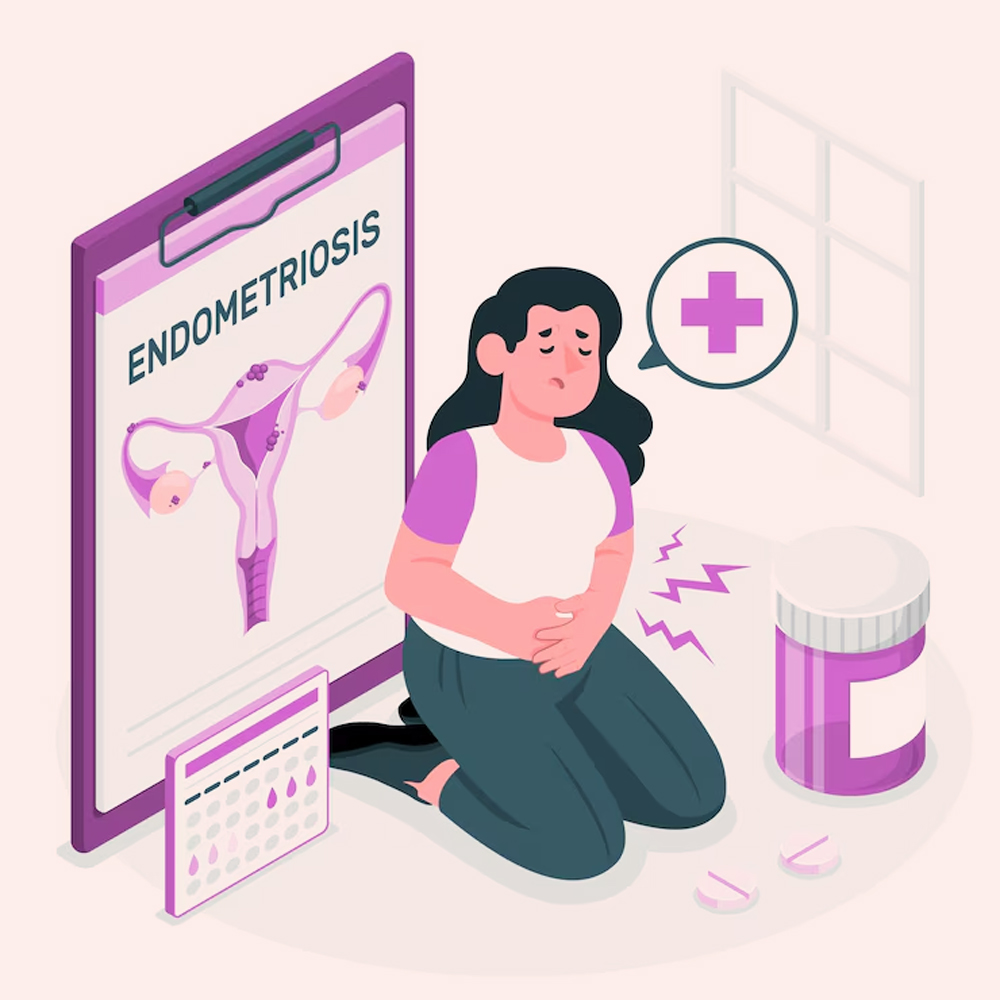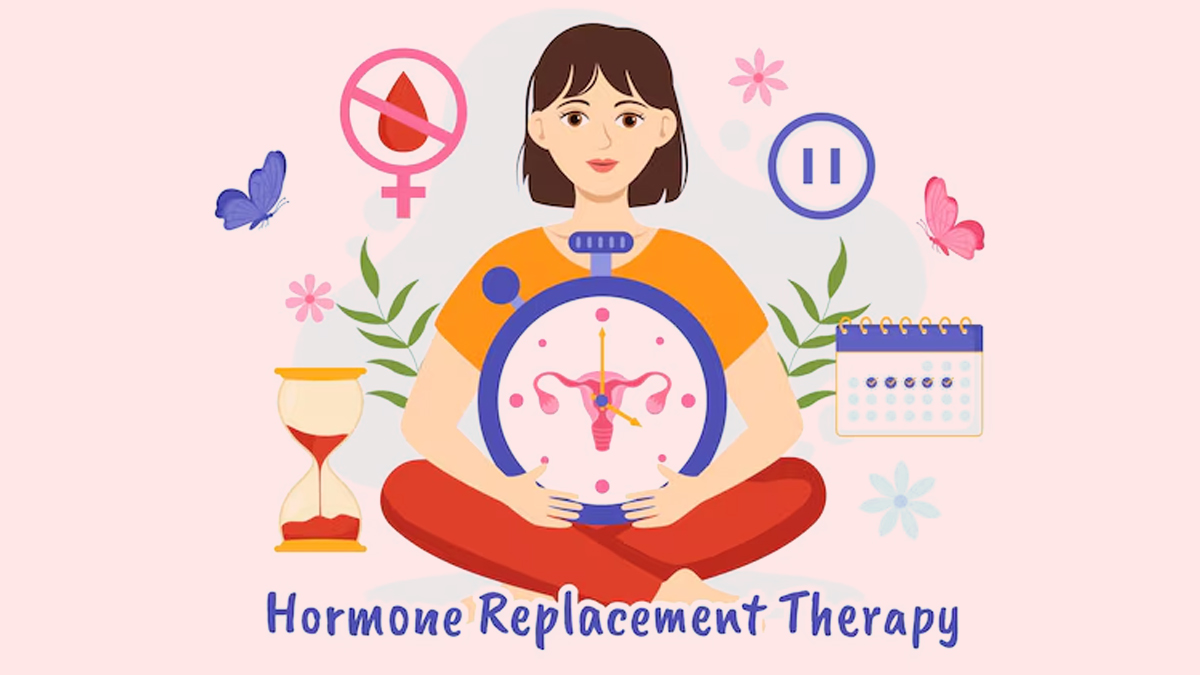
Have you ever wondered what happens when menopause comes not with age but suddenly, due to surgery? For many women, surgical menopause is a life-changing experience that brings both challenges and relief. Unlike natural menopause, which happens gradually, surgical menopause occurs instantly after the removal of the ovaries, leading to an abrupt shift in hormone levels.
Table of Content:-
While this change can result in a mix of physical and emotional symptoms, with the right treatment and support, women can manage the transition effectively. We spoke to Dr Shruti Ugran, Consultant Gyn-Endoscopist and Minimal Invasive Gynaecologist (MIG), Motherhood Hospitals, Kharghar, who explained the benefits, risks, and treatment options for surgical menopause.
What is Surgical Menopause?

"Surgical menopause occurs when the ovaries are removed through surgery, causing an end to menstrual cycles and hormone production. On the other hand, natural menopause occurs as a woman’s ovaries slow down with age," explained Dr Ugran.
According to a 2023 study, surgical menopausal women exhibit greater cognitive impairments than those who undergo natural menopause, regardless of age. It is important to recognise that natural and surgical menopause are distinct experiences, with executive functioning challenges being more pronounced in surgical menopause.
Medical Conditions Leading to Surgical Menopause

"Certain medical conditions require a hysterectomy (removal of the uterus) or oophorectomy (removal of the ovaries), leading to surgical menopause. These conditions include uterine cancer, ovarian cancer, endometriosis, fibroids, and chronic pelvic infections," said Dr Ugran.
Also Read: What Are Uncomfortable Symptoms Of Menopause? Doctor Shares Management Tips)
Common Symptoms After Surgical Menopause
Oestrogen plays a vital role in regulating various bodily functions. When its levels drop suddenly due to surgical menopause, women can experience a range of symptoms, including:

- Hot flashes and night sweats
- Vaginal dryness and discomfort
- Mood swings and irritability
- Sleep disturbances
- Decreased libido
- Memory and concentration issues
Managing Symptoms with Hormone Replacement Therapy (HRT)

"HRT is one of the most effective treatments for managing surgical menopause symptoms. It helps replenish oestrogen levels, reducing hot flashes, night sweats, and mood swings," added Dr Ugran. However, HRT comes with certain risks, including:
- Increased risk of blood clots
- Stroke in some women
- Breast cancer concerns
"While HRT is effective, some women prefer non-hormonal approaches. Alternative treatments include lifestyle changes, Cognitive-Behavioral Therapy (CBT), and Prescription medications," said Dr Ugra.
Also Read: Heart Disease Rise Significantly In Women After Menopause: Expert Explains The Reason Behind This
Bone Health and Cardiovascular Risks
"The decline in oestrogen following surgical menopause increases the risk of osteoporosis and heart disease. As a result, you may experience weaker bones, higher fracture risk, higher cholesterol levels and potential arterial issues," added Dr Ugran.
Psychological Effects and Coping Strategies

The hormonal changes caused by surgical menopause can lead to mood swings, depression, anxiety, irritability, and emotional distress. You can combat these symptoms by following these management measures:
- Therapy and counselling
- Stress-reduction techniques: Yoga, meditation, deep breathing
- Regular exercise: Improves mood and overall well-being
- Medication if needed: As prescribed by a doctor
Considerations Before Opting for Surgery
Before opting for surgical menopause, it is vital to discuss the below-mentioned things to rule out any complications:
- Long-term effects on physical health (bone and heart health)
- Emotional impact of sudden hormonal changes
- Available treatment options for managing symptoms post-surgery
[Disclaimer: This article contains information provided by an expert and is for informational purposes only. Hence, we advise you to consult your professional if you are dealing with any health issue to avoid complications.]
Also watch this video
How we keep this article up to date:
We work with experts and keep a close eye on the latest in health and wellness. Whenever there is a new research or helpful information, we update our articles with accurate and useful advice.
Current Version